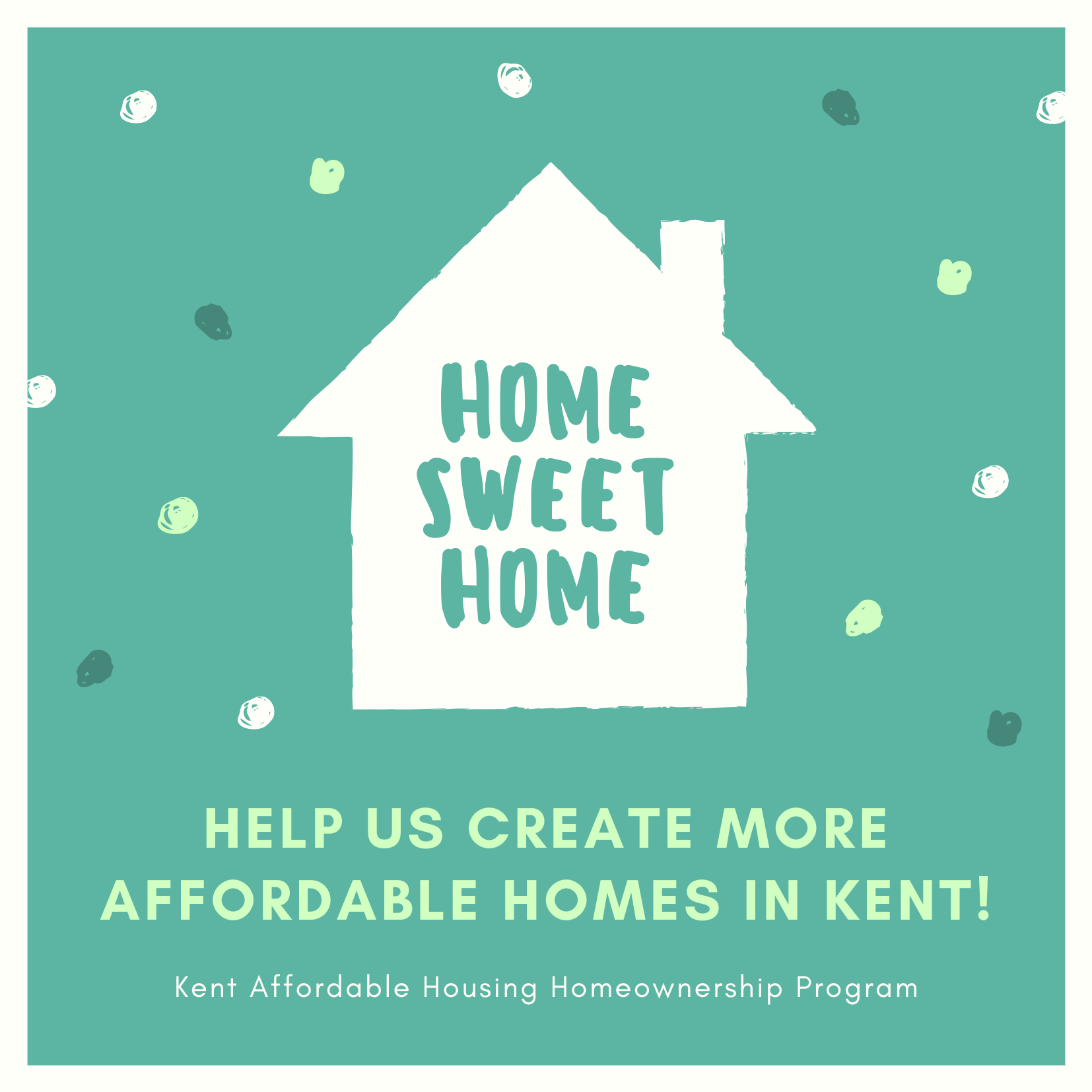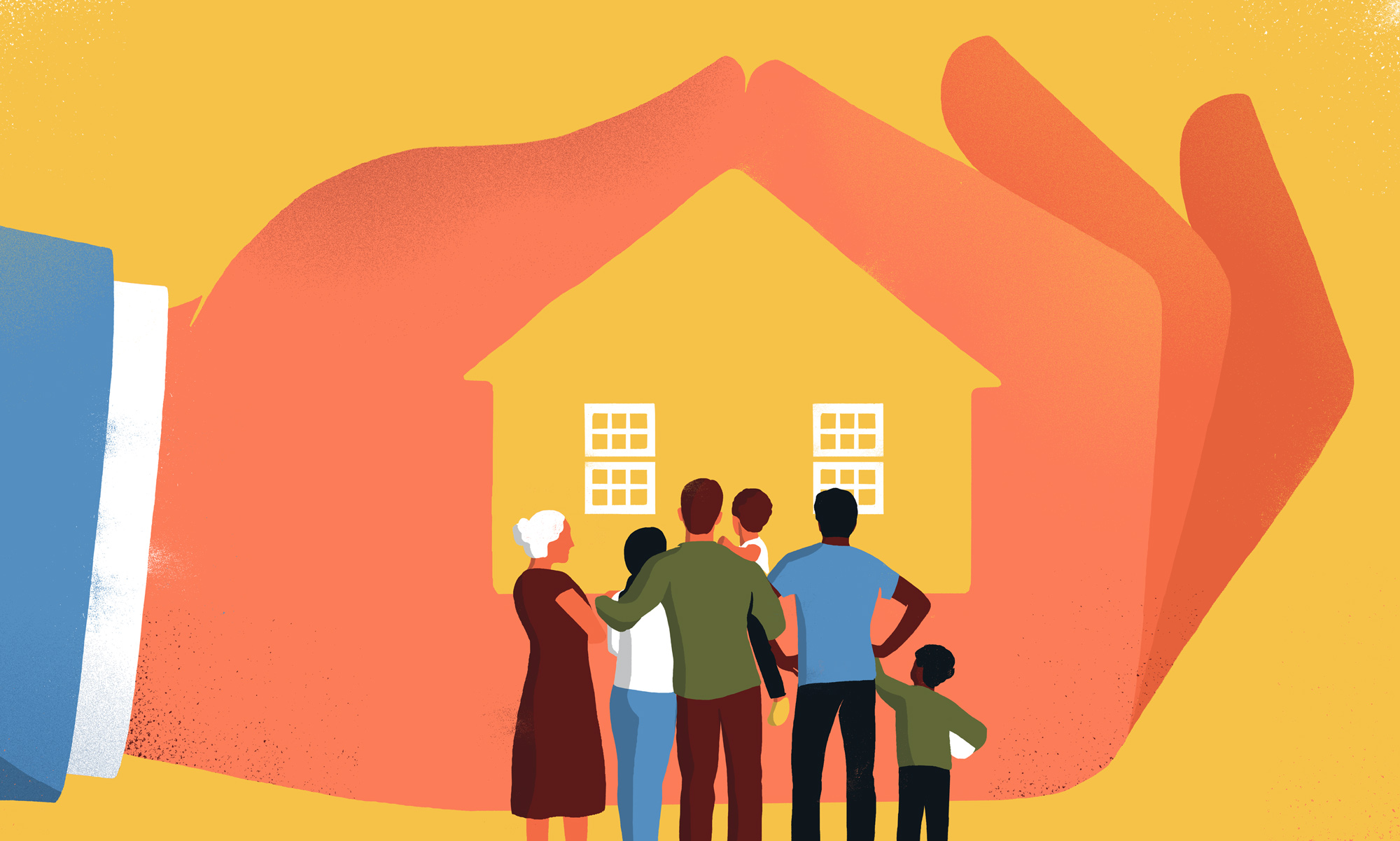Why Affordable Homeownership is Possible for More Families
Why Affordable Homeownership is Possible for More Families
Blog Article
Economical Homeownership Options for First-Time Homebuyers
As the real estate market continues to advance, novice homebuyers deal with one-of-a-kind obstacles in safeguarding inexpensive homeownership alternatives. Various resources, consisting of government assistance programs, low-down-payment home mortgages, and targeted gives, have arised to relieve monetary pressures. These efforts not only help with homeownership yet likewise foster neighborhood security and financial growth. Navigating these options can be complex, and understanding which pathways are most helpful needs cautious factor to consider. What methods can potential home owners use to maximize their opportunities in this landscape?
Federal Government Support Programs
Government aid programs play an essential duty in making homeownership possible for several people and families. These programs aim to alleviate the financial concern linked with buying a home, especially for first-time customers. By offering financial help, grants, and tax obligation incentives, government campaigns assist link the gap in between rising housing expenses and the buying power of prospective homeowners.
Numerous programs are readily available at the federal, state, and local levels. The Federal Real Estate Management (FHA) gives insurance coverage on financings, enabling loan providers to offer a lot more beneficial terms, such as reduced down payments and lowered passion prices. In addition, state and city governments often have their own campaigns, which may consist of deposit help programs, property buyer education and learning programs, and desirable home loan terms.
These programs are designed to resolve the unique difficulties dealt with by low- to moderate-income family members, including minimal cost savings and credit rating. By fostering a setting where homeownership is a lot more obtainable, entitlement program programs not only support individual ambitions but also add to neighborhood security and financial growth. Understanding and utilizing these sources can dramatically improve the potential customers of successful homeownership.
Low-Down-Payment Home Loans
For numerous ambitious home owners, low-down-payment home loans present a feasible path to homeownership, particularly in today's challenging housing market. These mortgage alternatives typically need down settlements varying from 3% to 5%, making it easier for newbie buyers to enter the marketplace without the burden of saving for a substantial deposit.
Various loan providers use low-down-payment programs, including traditional financings backed by Fannie Mae and Freddie Mac, along with government-backed choices like FHA finances. These home loans are made to fit people with restricted financial savings while still supplying affordable passion prices. Importantly, they enable buyers to retain more money for various other essential expenditures, such as moving expenses, home examinations, and potential restorations.
Nonetheless, potential home owners should be conscious of the compromises related to low-down-payment home mortgages. A smaller deposit may result in higher regular monthly payments and the need of private mortgage insurance (PMI), which protects loan providers in case of default. As a result, it is critical for first-time purchasers to perform complete research study and consult with home loan specialists, ensuring they pick a low-down-payment alternative that aligns with their long-lasting financial goals. Affordable Homeownership.
First-Time Property Buyer Grants
Lots of novice buyers locate that grants can considerably alleviate the monetary problem of acquiring a home, matching low-down-payment home loan choices. These gives, frequently given by state and check here city governments or charitable organizations, offer monetary support that does not call for repayment, making them an attractive alternative for those getting in the housing market.
Eligibility for new buyer grants typically depends on revenue, creditworthiness, and the purchase rate of the home. Numerous programs are developed to assist low- to moderate-income families, making sure that assistance reaches those that need it most. The application procedure frequently includes paperwork of economic status, property buyer education and learning programs, and sometimes also a commitment to remain in the home for a particular duration.
The amount of aid varies widely, with some grants giving several thousand bucks to aid cover closing prices or down settlements. Looking into offered grants in your area is necessary, as programs often change and may have certain demands. By leveraging these funds, new homebuyers can make homeownership more easily accessible, eventually accomplishing their desire for possessing a home while reducing the first financial stress.
Innovative Community Campaigns
Cutting-edge he has a good point neighborhood initiatives are playing a crucial role in expanding budget-friendly homeownership choices for residents. These initiatives usually entail collaborative initiatives between city governments, charitable organizations, and exclusive sector stakeholders to create sustainable housing options tailored to neighborhood needs.
One noteworthy technique is the facility of area land trusts (CLTs), which enable residents to buy homes while the land stays owned by the count on. This design aids maintain price with time and avoids speculative price increases. Furthermore, CLTs typically offer academic resources and assistance services to equip first-time buyers.
Another effective effort is the development of mixed-income housing tasks, which blend budget-friendly devices with market-rate homes. This approach cultivates comprehensive communities and minimizes the stigma usually connected with low-income housing. Additionally, neighborhood federal governments are increasingly supporting zoning reforms to assist in the building and construction of accessory home devices (ADUs), which can provide added rental income for property owners while boosting real estate accessibility.

Tips for Budgeting and Saving

Following, establish a dedicated interest-bearing account particularly for your future home acquisition. Aim to save a percentage of your earnings constantly, ideally 20% or more, to construct a significant down settlement. Utilize automation devices, such as straight deposit or automated transfers, to make saving simpler and a lot more regular.
Additionally, take into consideration adopting the 50/30/20 policy: allot 50% of your income to demands, 30% to wants, and 20% to financial savings and financial obligation settlement - Affordable Homeownership. This method promotes balanced financial health

Verdict
In summary, inexpensive homeownership options for newbie property buyers encompass numerous resources such as federal government assistance programs, low-down-payment mortgages, and grants. These efforts not only help with entrance right into the real estate market however also promote Home Page neighborhood security and financial advancement. By leveraging these monetary tools, individuals can navigate the intricacies of homeownership, ultimately contributing to an extra equitable housing landscape. Continued support and understanding of these programs are essential for enhancing accessibility to homeownership chances.
As the real estate market continues to develop, newbie buyers encounter distinct challenges in protecting budget friendly homeownership options. By cultivating an atmosphere where homeownership is a lot more easily accessible, government assistance programs not just support private ambitions yet likewise contribute to area stability and financial development. By leveraging these financial sources, newbie buyers can make homeownership extra accessible, eventually accomplishing their dream of owning a home while minimizing the initial financial stress.
In recap, economical homeownership choices for newbie homebuyers include numerous sources such as government aid programs, low-down-payment mortgages, and grants. By leveraging these monetary devices, individuals can browse the intricacies of homeownership, ultimately adding to an extra equitable housing landscape.
Report this page